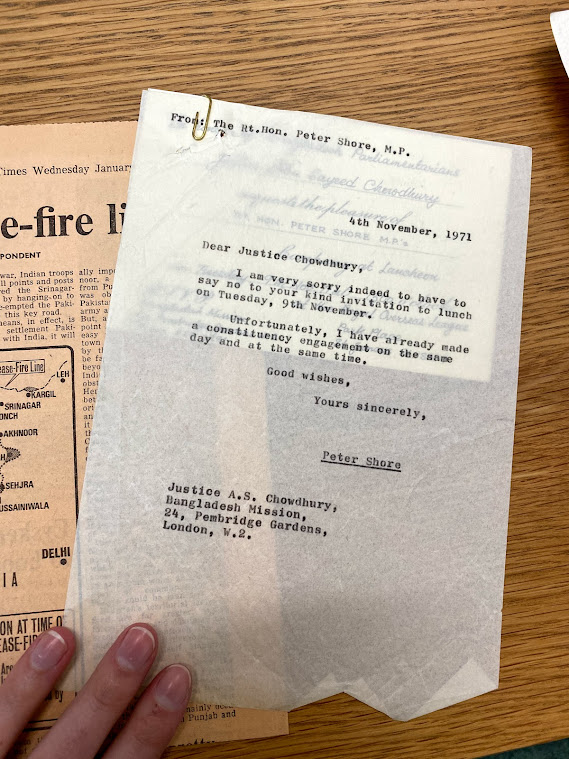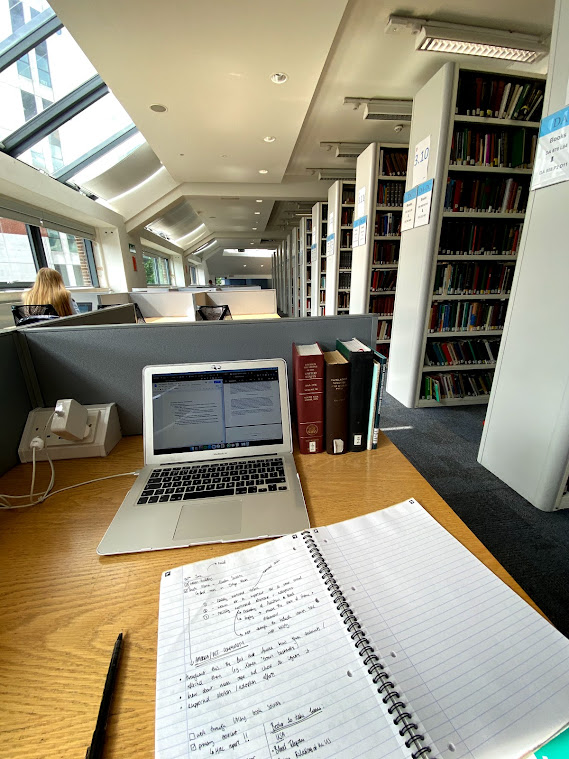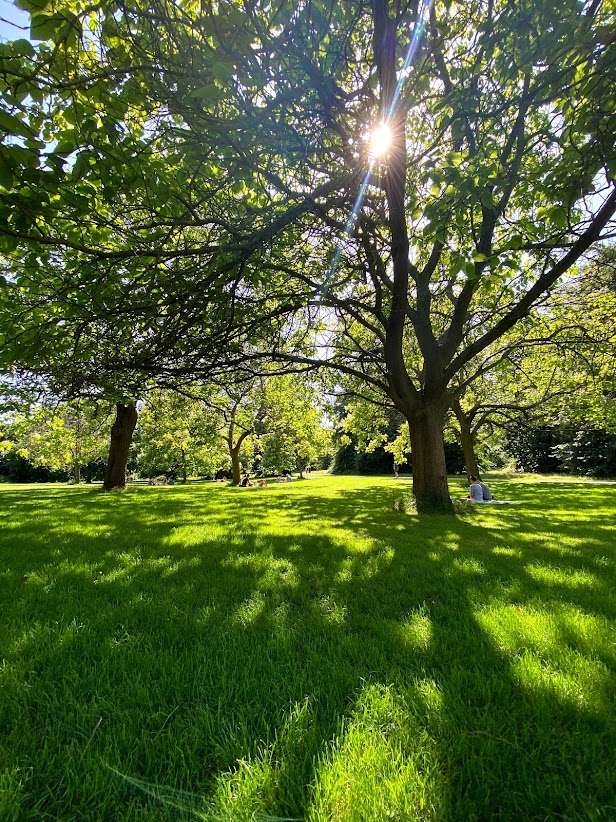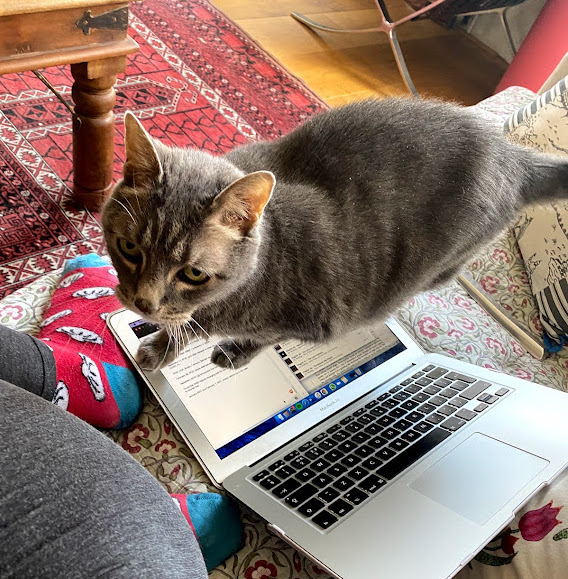Three months to write a 10,000-word international history dissertation seems like a very long time. You’ve got the luxury of pondering your topic, doing endless readings, arranging to visit archives, meeting with your supervisor, finalising your arguments, structuring and then, eventually, writing, and THEN – editing. And maybe even publishing! Three months seems like ages, but if you don’t organise your time efficiently, the deadline can really creep up on you!
A dissertation is a marathon, not a sprint, so it’s important to pace yourself and methodically approach your thesis. This is by no means the best way for everyone – some of my peers will see this and think, “this is not how I work,” but here’s my own advice to break up the summer to use it productively to smash that dissertation for the 1st of September deadline.
Familiarise yourself with the requirements!
It sounds obvious, but check and double-check the requirements. For example, your dissertation must use primary source material to write about a precise topic in international history. To clarify, international history dissertations have to be… international. It can’t just examine one limited area of history in a nation, but comparatively study or involve at least two states or societies. Furthermore, it must be based on primary sources, not secondary source research, and it must also not be a historiographical dissertation only. This compared to my undergraduate dissertation, so it was important, before starting off and planning my summer, to familiarise myself with the requirements!
Work out your topic
I changed my topic quite late in the semester, necessitating a lot of visits to the library to flesh out my own understanding of the existing historiography, the gaps in scholarship, and the existing primary sources. It took some time to really get to grips with the topic, so give yourself some time (several weeks) to really read and engage with the existing literature. It was important to be familiar with the topic so I could explain it to my friends and family, so that when it came to meeting with my supervisor, I had a clear idea. Furthermore, the better you know your topic, the easier it is to find an angle or a perspective to approach your dissertation.
Spend time on your sources

It’s important to work out if you’re using one source or a varied selection of different sources. This will help you work out your timings – if you’re going to spend more time on a limited set of sources, or less time on a larger range of sources. I’ve gone for the second approach, as I’m hoping to understand different perspectives of the Bangladesh conflict and make comparisons. However you choose to approach your international history, it’s important to spend a considerable amount of time thinking about how you’re going to use your sources within the body of your dissertation to support your argument.
Meet with your supervisor before structuring/writing
Not everyone will feel the need to do this, but start off with a strong structure and idea, and then you can tweak it as you go along. It’s a nightmare to have structured and written a chunk of your work to be told later on that it’s not strong enough. It’s also really helpful to get fresh perspectives from your supervisor to develop a robust framework. Your supervisor may make suggestions, whether you agree with them or not, but it’s always useful to confer and discuss, so make the most of meeting with your supervisor when you can!
Structure

Sit down and MIND MAP! Think about the table of contents and list of abbreviations, your introduction, chapters, conclusion, any appendices, and any pictures you wish to include. What is absolutely key information you must include? What is interesting but ultimately does nothing for your argument? What is unhelpful, or a distraction from your thesis? 10,000 words isn’t a lot, especially counting footnotes, so being concise and selective is an important skill when thinking about the structure of your dissertation. This part of any essay always takes me a particularly long time, and involves a lot of printing and differently coloured highlighters, so stock up and get your head down.
Writing and editing
If you have a solid structure that you’ve worked out with your supervisor, it’s time to start writing. Personally, writing takes me the shortest amount of time. However, editing, proofing, sending to family members to proofread and check grammar and spelling, takes the longest amount of time. Save yourself a solid 2-3 weeks to do this stage of the dissertation! Writing your bibliography will take some time too – don’t make the mistake I made in my undergraduate degree when I decided to start compiling the bibliography the evening before my paper was due.
Work with others

Refuelling with pasta
Now that we are able to meet with others, it’s so important to have a sense of solidarity and work with your peers who are also working on their dissertations. I sometimes need to be held to account, so having friends to work with is a huge morale and productivity booster. It’s not a competition, and everyone will work on their essays differently to you, but it’s great to be able to bounce around ideas, support, motivate, (and also complain!) about how hard it is to write a dissertation without the structure of seminars and other essays.
Take breaks, go on holiday, do non-dissertation related work!

Hyde Park sunshine
Three months of flat-out dissertation work? No, thanks. I spent a week in Brighton to get out of London and enjoy a change of scenery, and to passively reflect on my topic rather than actively engage with it constantly. If you can’t go on holiday, take some days off to rest your brain. Also, going back to your work with fresh eyes can do wonders. This is also why I’d suggest setting yourself an earlier deadline than the 1st of September, so you can print, read, mark, edit, and then re-print your work before it’s submitted.
Finally!

Keep going, have faith, ask for help when you need it. Talk to your peers, your professors, your family, your pet. One of the most helpful ways I’ve managed to stay on top of things is by talking out loud to other people, it really helps to visualise and process. To my fellow Master’s students currently writing their dissertations, good luck!






I am a master’s student, and I had no clue about the topic “Thesis and write-up.” Although I am not writing a dissertation, this post gave me a strong ground and confidence to get the ball rolling. Thank you.